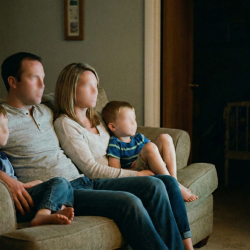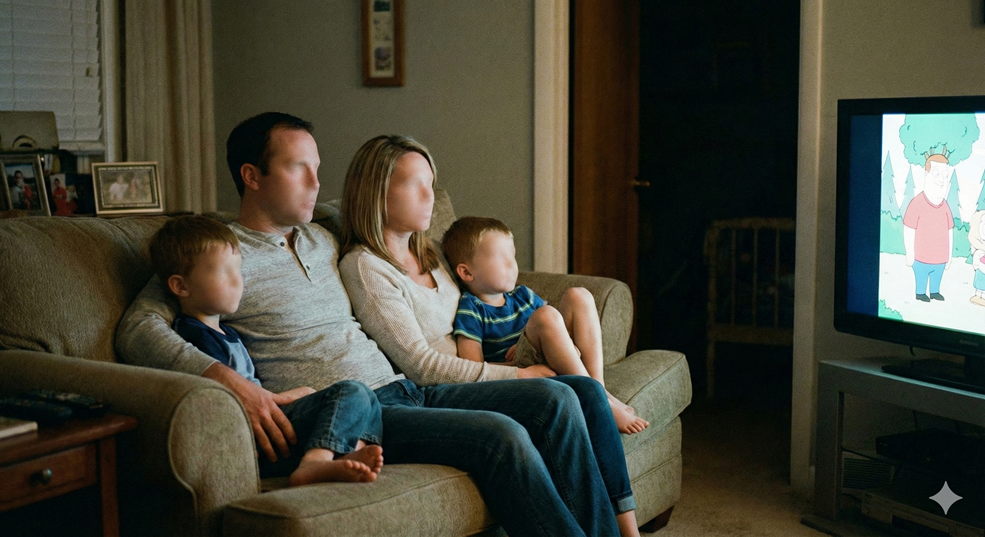The sun is finally shining on the open web, according to The Trade Desk’s CEO, Jeff Green.
The first quarter of 2025 was a happy one for the ad-tech company. In Q4 2024, it missed its financial targets for the first time since going public and was punished pretty severely by investors. But on Thursday’s earnings call, Green got to tell analysts that his company had blown past expectations with revenue of $616m, a 25% year-on-year increase.
Green credited the performance to the drive and resilience of his team, but he also acknowledged that 2025 had brought ‘some massive shifts that have significantly upgraded the prospects of the open Internet and The Trade Desk.’
Regulators are now gunning for Meta, Apple and Alphabet, and Green believes the increased scrutiny will encourage the so-called walled gardens to abandon the ‘draconian’ practices that have kept them dominant in internet advertising, creating a healthier ecosystem, in particular for supply-side platforms.
In fact, Green predicts that Alphabet and Amazon will eventually give up trying to make money from the open web and just use their demand-side platforms to sell their own inventory, in Google search and YouTube, and Prime Video.
Even Google’s U-turn on third-party cooking tracking, which won’t have a massive impact on The Trade Desk’s business, is a change in the right direction, said Green, because it validates the company’s view of the world and its vision for the future.
‘2025 may have some macro headwinds, said Green, ‘But the open internet has never been in a better place than it is today.’
Of course, Green is no disinterested observer of internet advertising. The Trade Desk has built its business around advertising on the open web, so the CEO has every incentive to talk up the market. Still, there’s no denying that he’s been given more material to work with lately.
In addition to US courts deciding that Google operates a monopoly in search and in online advertising, another ruling in the US has forced Apple to allow app developers to contact users directly about promotions and payments (bypassing the App store), which Green says will finally allow companies to show clear pricing information and links to purchase.
Then there was the testimony of Apple executive Eddy Cue during a hearing on 7 May. Cue said that Google searches on Safari declined for the first time last month. This isn’t necessarily apocalyptic news for Google because it may be that as searches go down, their value as advertising real estate goes up. But Green’s right that it’s significant, especially in light of Cue’s other admission, that Apple is ‘actively looking’ at introducing other AI search tools to its browser, on which Google has been the default choice for decades.
But do the walled gardens’ troubles mean salad days for the open web? They may be opaque and biased towards their own inventory, but walled gardens are still effective. The question is whether open-web platforms can deliver marketers objectives better than diminished walled gardens. And the answer isn’t obvious.
In The Trade Desk’s Q1 earnings call, Green said that ‘the open internet is where all of the most beloved content of the internet exists’. And yet moments later, he was talking about Men’s Journal, Parade and The New York Post.
With all due respect to the publications mentioned above (except Men’s Journal, which looks dire), those aren’t the kind of names most people would pick as exemplars of beloved content.
According to mobile advertising expert Eric Seufert, virtually no ecommerce companies advertise on the open web because it’s mostly ‘junk’. It’s only enterprise companies that keep this bit of the internet funded, Seufert said on a recent podcast, and that’s because they buy through agencies, which want to buy as much media as possible.
It’s not that there’s anything inherently valueless about the open web, added Seufert, it’s just a matter of natural selection. When companies have valuable content, they tend to put up walls around it.
In light of Seufert’s argument, Green’s case for the prosperity of the open web looks weak. Or at least it would if they were talking about the same thing.
While Seufert defines the open web as ‘content rendered in a browser that is not gated by a login [and] is monetised through non-proprietary programmatic demand channels,’ the Trade Desk holds to a different interpretation.
According to Green, two of the most promising areas of growth for The Trade Desk are retail media and CTV (which now accounts for a big chunk of its revenue), and neither of those things sits easily with the traditional — and perhaps most widely used — definition of the open web.
So, Green may well be right when he says that the future of the open web looks a lot rosier. It just won’t be the open web that we’re used to thinking about.
Main image by Aaron Burden on Unsplash

























